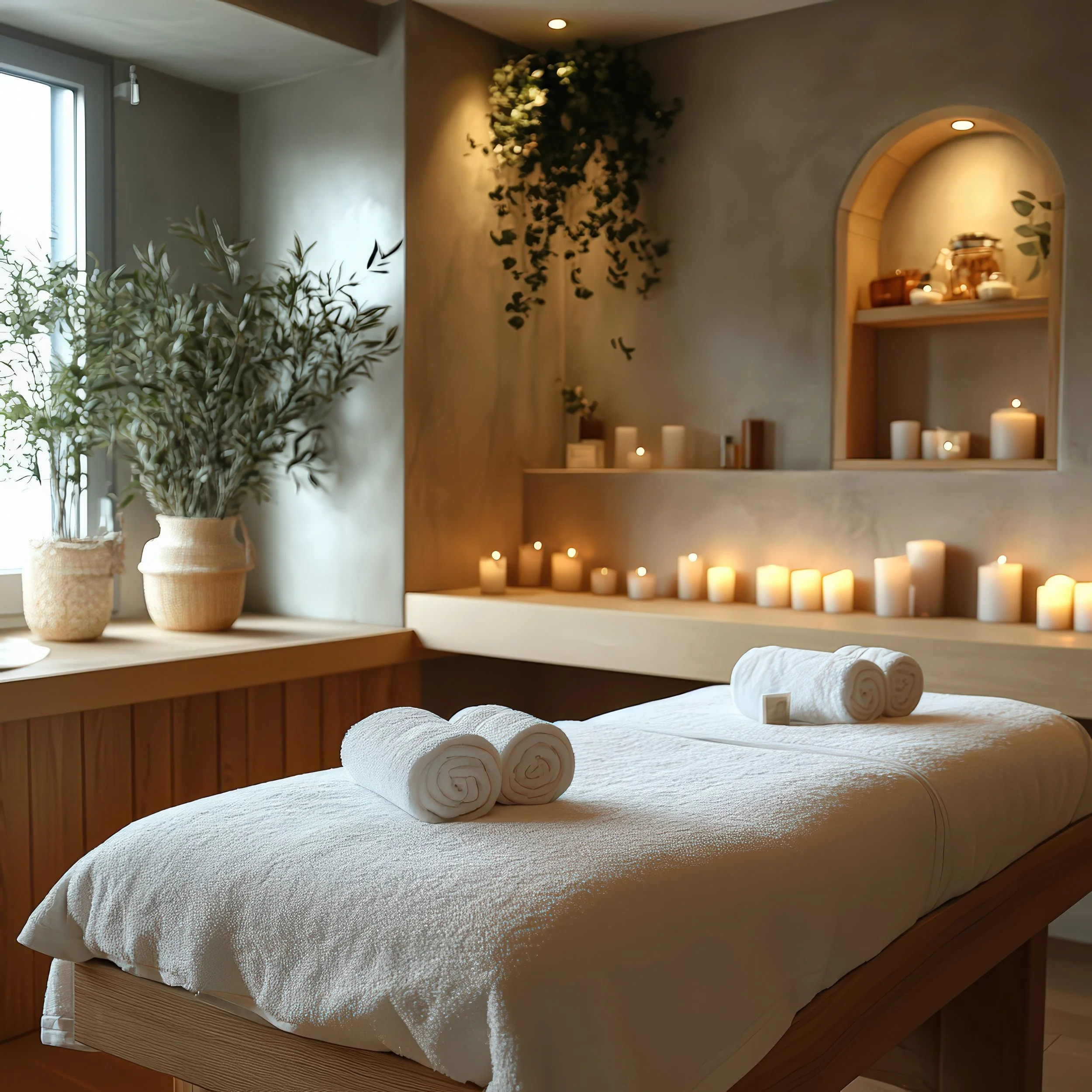Sustainability and Wellness Trends in High-End Boutique Hotels
Integrate wellness in your hotel
When it comes to creating standout boutique hotels, two trends dominate the conversation today: sustainability and wellness. For hoteliers, developers, and investors focused on boutique and residential hotels, understanding how these elements interplay within luxury travel is critical.
Boutique and extended-stay hotels with sustainable eco-design and immersive wellness programs provide guests not just a place to stay but an enriching experience. These are no longer optional features but strategic imperatives in capturing increasingly eco-conscious and health-focused travelers while standing out in the competitive landscape of the Southeast US luxury hospitality market.
Why Sustainability Matters in Hospitality
Sustainability has transitioned from being a buzzword to becoming a fundamental expectation for both guests and investors. A growing number of travelers actively research ecofriendly properties when selecting accommodation. For small boutique and aparthotels, this translates into opportunities to align business practices with market demand.
For example, LEED-certified properties like North Carolina’s Proximity Hotel demonstrate how sustainable operations can draw guests and investors alike. Proximity Hotel uses 100 rooftop solar panels to generate energy, high-efficiency fixtures to conserve water, and recycled materials that lend the property its chic, industrial aesthetic.
Meanwhile, investors prioritize properties with sustainable credentials, driven by long-term cost savings and strong return on investment (ROI). Energy-efficient systems reduce operating costs, while sustainable practices enhance brand reputation in a market where social responsibility is increasingly tied to profitability.
Must-Know Statistics on Sustainability in Hospitality
81% of global travelers say they expect sustainable practices from hotels, according to Booking.com.
A Deloitte report shows energy-efficient commercial rentals and boutique hotels are outperforming traditional properties in ROI.
Hotels that integrate sustainable practices create an attractive value proposition, capturing eco-conscious guests, cutting costs, and standing out in the luxury accommodation market.
Green Design Ideas for Boutique Hotels
Sustainability in boutique hotels begins with eco-forward architecture and design. Here are some examples that align sustainability with the unique aesthetic charm of high-end properties:
Solar and Renewable Energy Integration
Rooftop solar panels not only reduce carbon emissions but can also serve as a visual nod to eco-consciousness. Properties like Proximity exemplify how renewable energy can turn rooftops into brand assets that promote sustainability.
Use of Reclaimed Materials
From exposed wood beams to repurposed metal furniture, reclaimed materials enhance the warm, tactile appeal of boutique hotels. These design choices resonate with both sustainability goals and the artisanal aesthetic many boutique hotels aim to foster.
Smart Energy Systems
Smart thermostats and motion-sensor lighting can adapt to guest behavior, reducing waste and electricity usage without compromising guest comfort. This improves operational efficiency while catering to eco-conscious customers.
Wellness and Boutique Hotels The Rise of Resort-Core
Wellness has emerged as a central pillar of luxury hotel design, driven by a shift in traveler priorities. Guests now seek more than just comfort; they want to leave feeling rejuvenated, mentally and physically.
This has given rise to the resort-core trend, a design philosophy inspired by nature and minimalism. This approach focuses not only on aesthetics but also on creating immersive wellness experiences.
Wellness-by-Design Strategies
Biophilic Architecture
Boutique or residential hotels incorporating biophilic design weave natural elements seamlessly into their spaces. Think living walls, natural ventilation, and indoor trees that create a tranquil, green oasis.
Spa and Wellness Offerings
Expansive spas with holistic treatments, yoga pavilions overlooking lush surroundings, and hydrotherapy pools create restorative spaces for guests.
Curated Local Experiences
Personalization is key. Wellness-focused boutique hotels provide bespoke experiences like guided meditations on private beach fronts or nature-inspired sound baths at sunrise.
Healthy F&B Options
Organic, locally sourced menus cater to health-conscious travelers. Beyond food, consider partnerships with local businesses offering health-centric activities, like specialty fitness classes.
Examples of Wellness Elevating Guest Experience
Shou Sugi Ban House (New York): A nod to Japanese wellness with tailored menus and meditation gardens.
Blackberry Mountain (Tennessee): Adventure and luxury meet through forest hikes, fitness sessions, and mountaintop spas.
Wellness culture is deeply ingrained in today’s luxury traveler mindset. Properties that invest in wellness-forward strategies don’t just meet expectations; they exceed them.
An Implementation Roadmap for Hotel Developers
Transforming a property into a model of sustainability and wellness may seem complex, but it’s achievable with proper planning. Here’s a roadmap for incorporating these trends effectively:
Early Planning Phases
Target Certification Goals: Decide whether your hotel can achieve recognized certifications like LEED or WELL to bolster your property’s credibility.
Market Research: Conduct demand studies specific to ecofriendly boutique offerings within your region.
Investment Analysis: Map the long-term ROI of green energy systems and water conservation measures.
Design and Pre-Opening
Architect Partnerships: Work with eco-design professionals who specialize in biophilic and energy-efficient architecture.
Select Sustainable Features: Choose features that marry aesthetic intent with operational benefits, such as solar roofing or reclaimed wood interiors.
Train Staff: Train team members to embody ecofriendly and wellness-focused values in every interaction.
Post-Launch
Promote Brand Alignment: Market your boutique hotel’s unique eco and wellness offerings through social media storytelling, emphasizing your alignment with top guest values.
Measure Success: Use KPIs such as occupancy rates, energy savings, and guest satisfaction to track success.
Guest Engagement Programs: Offer initiatives like farm-to-table dinners, wellness workshops, or tree-planting days as part of your stay experience.
Building Luxury with Purpose
Sustainability and wellness trends in high-end boutique hotels aren’t just passing fads. They represent the future of luxury hospitality. The marriage of eco-friendly design and wellness-forward features positions aparthotels and residential hotels to capture affluent travelers with refined tastes and environmental consciousness.
If you’re ready to integrate these elements into your property, now is the time to act. Register your interest with our platform to explore feasibility analysis tools, connect with eco-conscious architects, and uncover the latest insights in the Southeast US boutique hotel market. Together, we can create sustainable and luxurious destinations that surpass guest expectations.


